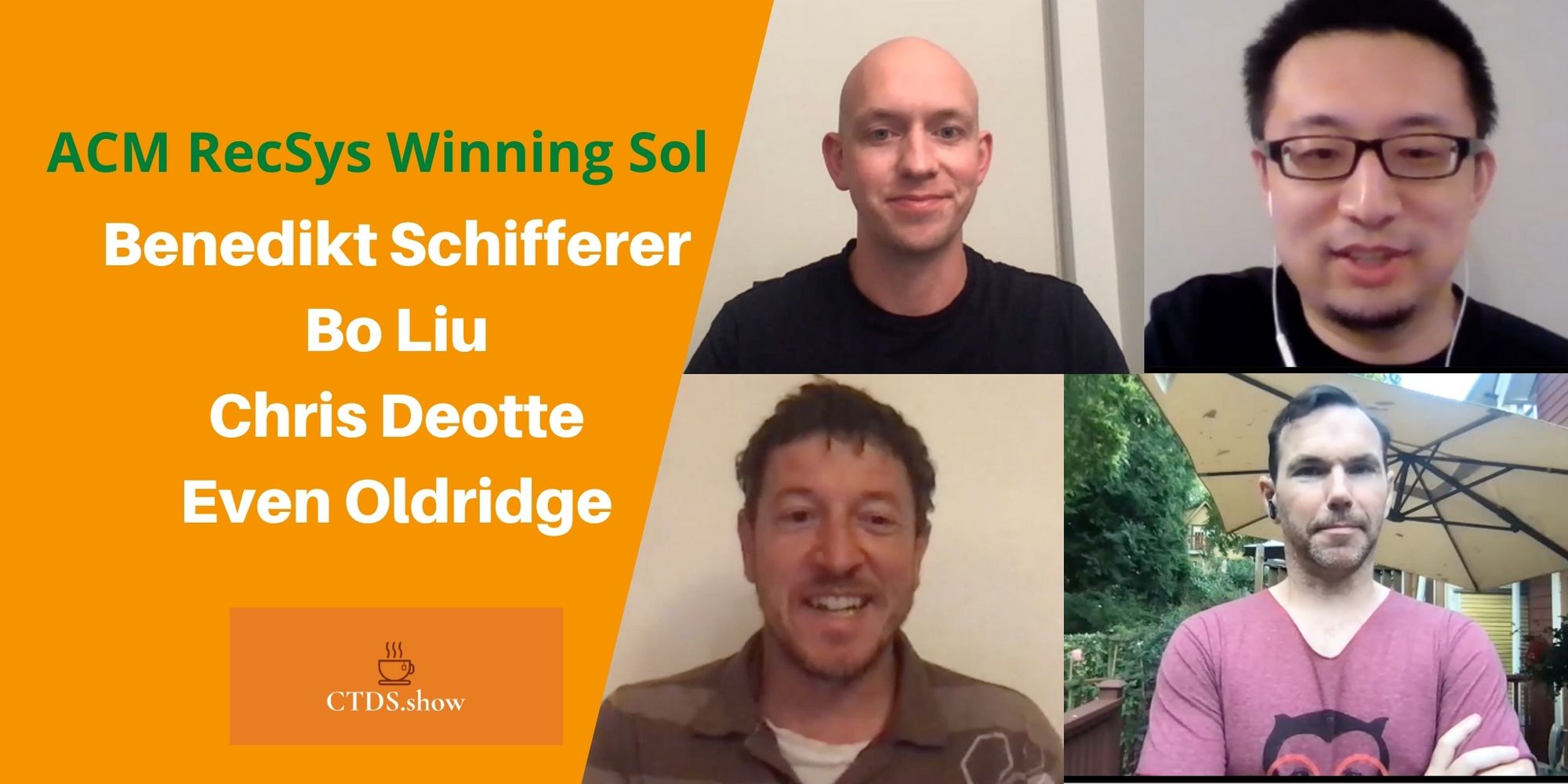Part 3 of The series where I interview my mentors
You can find me on twitter @bhutanisanyam1
I have very recently started making some progress with my Self-Taught Machine Learning Journey. But to be honest, it wouldn’t be possible at all without the amazing community online and the great people that have helped me. In this Series of Blog Posts, I talk with People that have really inspired me.
People that I look up to and that I learn and work with.
The motivation behind doing this is, you might see some patterns and hopefully you’d be able to learn from the amazing people that I have had the chance of learning from.

In this interview, I’m talking to Aakash Kumar Nain, A kaggle kernels expert, Data Scientist, Deep Learning Engineer. (Also an underground CS:Source Grand Master)
Sanyam: Hey Aakash! Thank you for doing this interview.
Aakash: Hey Sanyam, thanks for having me.
Sanyam: You’re one of the coolest college senior I know from India.
Could you tell the readers more about yourself?
Aakash: Thanks for the compliment. Well, as a professional, I am a data scientist. I love solving complex problems with Machine Learning. Playing with data is my another hobby and computer vision is my favorite field. Python is the only true love of my life. Apart from that, I am an athlete, a footballer, a part-time traveler, and an avid reader. Philosophy is my second favorite after Computer Science.
Sanyam: Awesome.
You’re also addicted to the Legal Data Science Drug — Kaggle. Could you tell us a little about your kaggle journey? What got you interested in AI to an extent that you decided to take it up as a career?
Aakash: Ha! Yes, you are right. I am completely addicted to it. My journey to Kaggle is a bit different than most of the people. When I was in my pre-final year in college, one of my seniors showed me the self-playing Mario game which was trained using Reinforcement learning. That thing literally blew my mind at that time. I started taking online courses on Machine Learning. The problem is that none of the courses give you a hands-on experience on complex problems. That is when I heard about Kaggle. I joined Kaggle in Jan 2016. In the beginning, I felt completely overwhelmed and I didn’t participate in any competition for a while. After practising a few small and simple problems, I entered in competitions in July 2016. I joined the KaggleNoobs community and started asking people very noob questions to clarify and get a solid understanding of the underlying concepts. Since then, the journey has been quite interesting.
Sanyam: I’ve really enjoy learning from your kernels. Could you tell us more about the motivation for writing them? How much effort goes into one behind the scenes?
Aakash: Data Science and Machine Learning are vast fields. To a beginner, the path is almost always overwhelming and that’s my personal experience. Sharing knowledge is an important part of self-learning. Also, it’s our duty to give back to the community who has always been there for you. This is exactly why I started writing kernels. Every time I write a kernel, I make sure that it contains something new that others haven’t tried yet
Regarding the efforts, I would say that writing a quality kernel requires a huge effort. For example, I can write a simple kernel in few hours but in order to make sure that the code is clean, optimized and is along with the lines of best practises, it can take up to days.
Sanyam: I understand being from the same country that AI Hiring is sparse. Still, what made you decide to take this up as your career choice?
Aakash: When you are looking for a job, there are two things that you should always consider:
1) Your personal interest
2) The scope of your work and the growth rate
You should do the work you love. When I was in college, I learned programming because I wanted to be a core developer at that time, then I tried web programming but nothing excited me more than Machine Learning. This was the point when I decided that I am going to work in the field of Data Science and Machine Learning only.
Sanyam: I think we both can agree that Machine Learning opportunities in India are currently very sparse for a fresher’s position. What advice would you give to our juniors who want to take up a job in the field?
Aakash: I would correct the first statement to “Machine Learning opportunities in India are currently very sparse”. This doesn’t mean openings aren’t there. The problem is everyone wants to be a Machine Learning engineer and every company wants to apply Machine Learning in their work because they think it is “cool”. On the top of this, even when the company itself doesn’t know what it is doing with Machine Learning, the job requirements include “5+ years of experience in Machine Learning”. So, the problem lies on the other end.
I already stated that Machine Learning is a vast field. Within Machine Learning there are multiple disciplines like Computer Vision, Natural Language Processing, Speech, etc. Don’t try to be an expert in every discipline. Each of these subfields is very diverse and there are too many things to learn within one subfield. You should choose one that interests you the most but at the same time you should know the basic concepts used in other subfields as well.
Sanyam: From our earlier conversation, we both agreed on the viewpoint of Online learning being an equally good if not better alternative to a Masters. Can you share your thoughts on this?
Do you think Kaggle can prepare you for a Data Science position better than a Masters?
Aakash: There are two types of online courses available on the Internet today. The first ones are those that cover the “width” while the second one are those that cover the “depth”. For example, Udacity courses cover the width. They will teach you almost all the aspects but none of them will be covered in depth. On the other hand, coursera courses are great if you are looking to deep dive into some aspects but they won’t cover every element required. This the major bottleneck today. Finding all the things that are required to learn in a single place is a bit difficult when it comes to an online course. Plus nothing is cheap. Online courses are not that expensive as Masters but they are expensive.
Competing on Kaggle and opting for Masters are two totally different things. The former one makes you better at trying different things and being recognized to a wider audience while the latter one makes you good, if not better, at research. Some people love to be in college again while other prefer the hands-on experience and solving problems on a daily basis.
Sanyam: Before we conclude, Anything else you would like to say to the readers?
Aakash: We are living in an incredible time considering the progress we have made in Machine learning in the past few years, especially in deep learning. When you are self-taught, things can be very very overwhelming. The path to becoming a Machine learning engineer or a Data Scientist is easy but the path to becoming a very good Machine Learning Engineer/Data Scientist is not easy at all. At some point in time, you would also feel low seeing the amount of research going on. It is okay if you feel that way. There are only two things that we should always remember:
1) Your success isn’t dependent on others and vice-versa.
2) Never be shy/afraid to ask even the most basic things. If you don’t ask, you are the one who is hindering your progress.
Aakash: KaggleNoobs slack is the best place to get in touch. Although, I am active on Twitter also but I don’t use twitter for communication at all.
Sanyam: Thank you so much for talking doing this interview.
Kaggle Noobs is the best community for kaggle where you can find Aakash, Kaggle Grandmasters, Masters, Experts and it’s a community where even noobs like me are welcome.Come join if you aspire to become an Expert like Aakash.
You can find me on twitter @bhutanisanyam1
Subscribe to my Newsletter for updates on my new posts and interviews with My Machine Learning heroes and Chai Time Data Science




